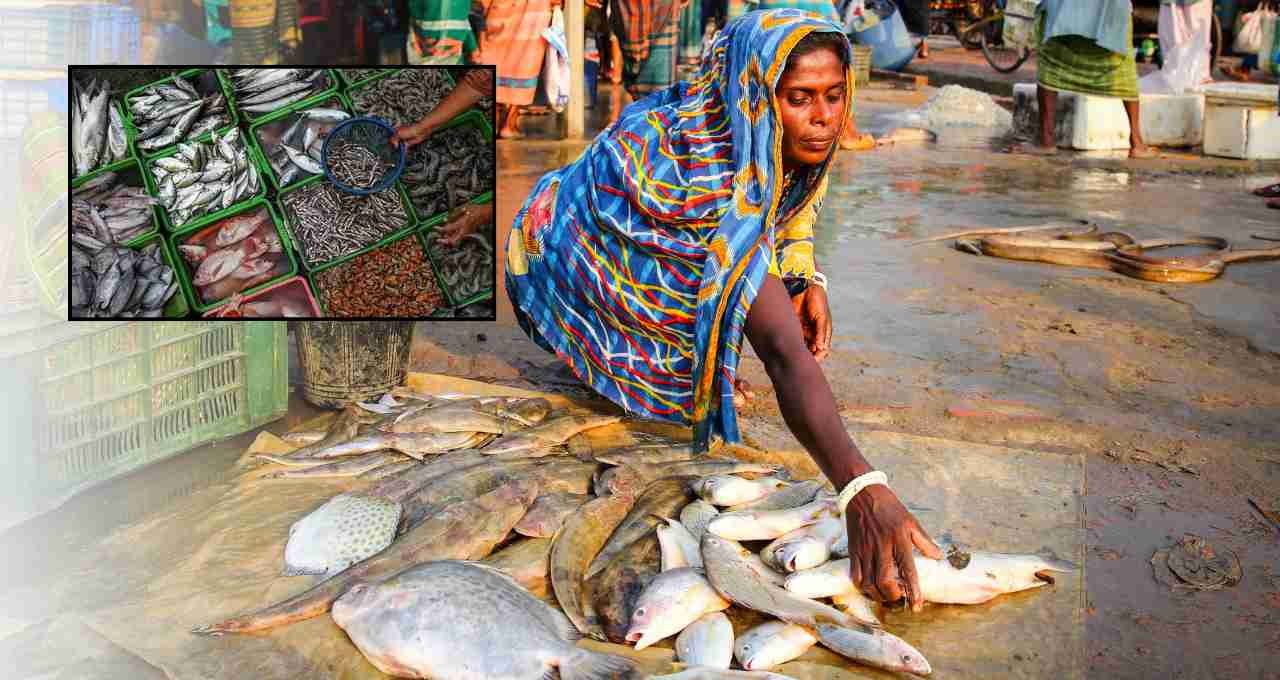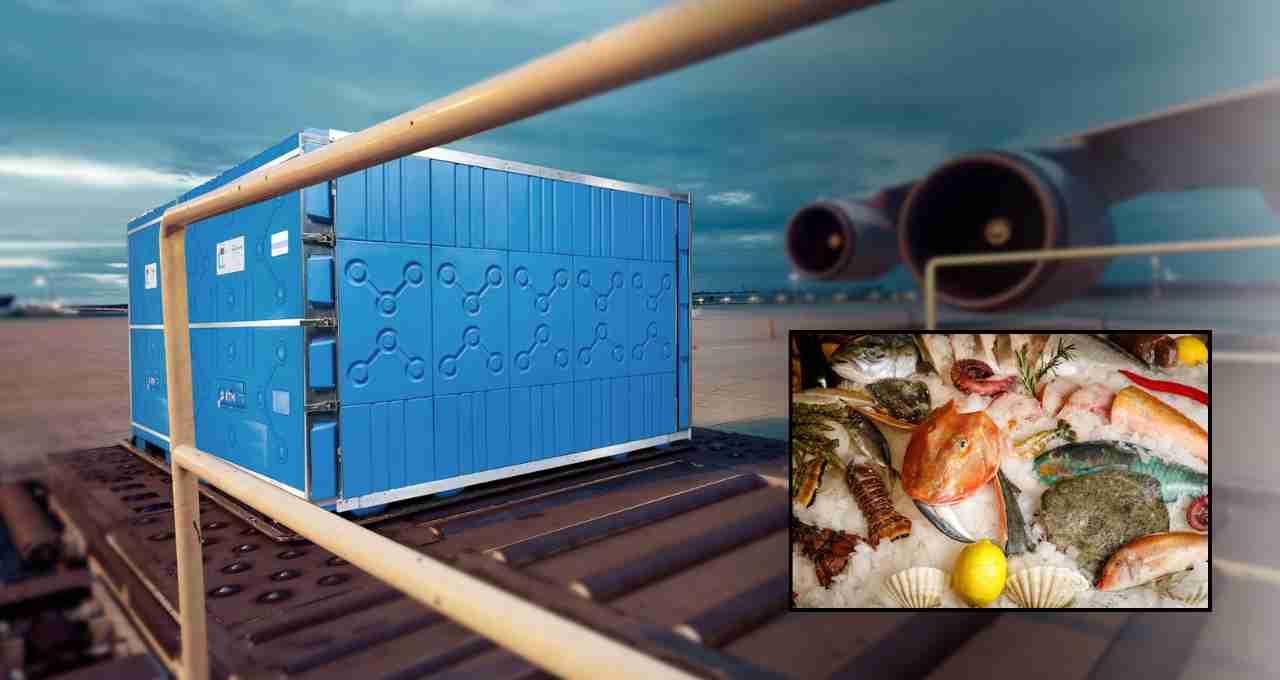The Free Trade Agreement between India and the UK has provided significant relief to Indian seafood products. Under this agreement, the import duty on several Indian seafood products in the UK has been completely eliminated. Previously, these products were subject to taxes of up to 21.5%. Now, they have been placed in the 'Category A', which means they will now receive a 100% duty exemption.
This change is expected to increase demand in the UK for products such as Vannamei shrimp, frozen pomfret, lobster, and black tiger shrimp. India currently exports $104 million worth of seafood products to the UK, with frozen shrimp accounting for 77% of this.
Opportunity to Strengthen India's Hold in the UK Market
Although the total size of the UK's seafood market is approximately $5.4 billion, India's share is currently only 2.25%. Industry experts believe that the elimination of duties will rapidly increase India's share. It is estimated that seafood exports from India to the UK could increase by up to 70% in the next few years.
For India, this agreement is not just a means to increase trade, but also an opportunity to promote employment, investment, and production in the country's fisheries and aquaculture sectors.
Support for the Rural Economy

Divya Kumar Gulati, Chairman of the Compound Livestock Feed Manufacturers Association, says that this agreement could prove to be a major opportunity for India's rural economy. It will not only increase women's participation in agricultural processing but also accelerate the value addition process in the animal protein industry.
According to Gulati, this agreement will strengthen India's export-based agricultural model and help connect small-scale fishermen and farmer groups to the international market.
Uncertainty Remains Regarding Trade with the US
The United States is still the largest seafood export market for India, but uncertainty has persisted regarding exports to the US in recent months. Due to the ongoing ambiguity regarding tariffs, many Indian exporters are suffering losses. In such a situation, the new agreement with the UK can create an alternative large market for India.
Partnership with Maldives to Boost Infrastructure
In addition to the agreement with the UK, India has also entered into an important agreement with the Maldives. The aim of this agreement is to develop cold storage facilities for fish products in the Maldives, construct hatcheries, and enhance the promotion of high-quality species.
The Maldivian fisheries sector is heavily dependent on tuna fish, with skipjack tuna and yellowfin tuna accounting for 98% of its share. In 2015, 11% of the Maldivian population was working in this sector. The agreement with India will help the Maldives strengthen the structure of its fisheries sector, and India will have the opportunity to participate in this development through its technology and resources.
Continuous Growth in Seafood Exports
According to government data, in the year 2024-25, India exported $7.38 billion, or about ₹60,500 crore, worth of seafood to various countries around the world. This was equivalent to 1.78 million tonnes. Shrimp, lobster, squid, and cuttlefish played a major role in these exports. Seeing this growth, it is clear that India's seafood industry is rapidly establishing itself in the global market.
Emphasis on Cold Chain and Processing Units

The agreement with the Maldives specifically focuses on the development of cold chain and processing units. This will prevent the wastage of fish and also maintain their quality. Along with this, fishermen will have the opportunity to store their fish for a longer period and wait until they get a better price.
Technical cooperation and expertise will be shared by India in the development of this infrastructure, which will equally benefit both countries. This will also improve the quality and export potential of regional seafood products.
Growing Demand for Indian Seafood in the Changing Market
Today, there is increased awareness among people about healthy and high-protein diets. The impact of this can be clearly seen on seafood consumption. The demand for shrimp, tuna, and other fish has increased rapidly in European countries and the United States. India, thanks to its vast coastal area and advanced fisheries techniques, is in a position to meet this demand.
The new agreements with the UK and the Maldives clearly indicate that India is now ready to play a major role on the global stage not only in terms of agricultural products but also in the export of seafood products.
Both Government and Industry Active
The Government of India is very active regarding investment and development in the fisheries sector. Several schemes and incentive packages have also been announced recently in this direction. Now that the path is being cleared through international partnerships, the industry is also excited to establish its place in new markets.














